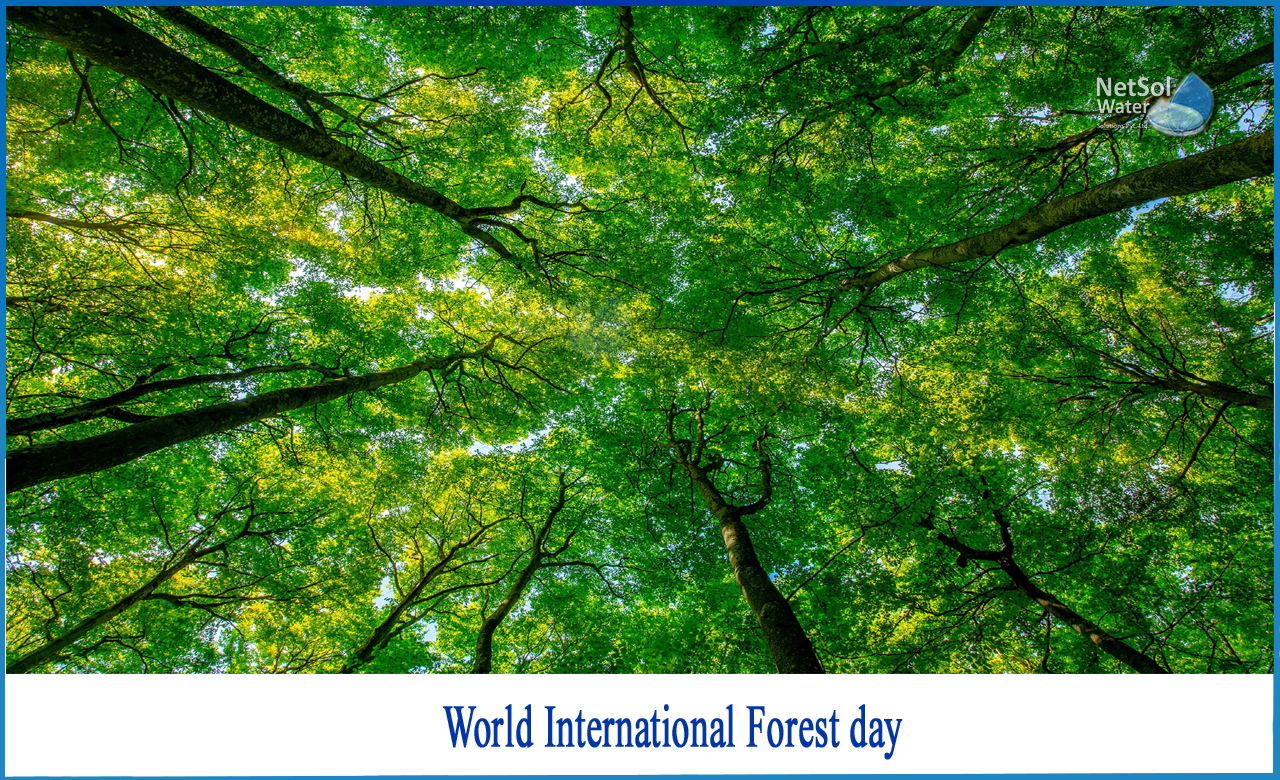What is the importance of World International Forest day?
Every year, numerous activities commemorate and promote awareness of the value of all sorts of forests, as well as trees outside of forests, for the benefit of present and future generations. On Worldwide Day of Forests, countries are urged to arrange local, national, and international events involving forests and trees, such as tree planting initiatives.
In conjunction with Governments, the Collaborative Partnership on Forests, and international, regional, and subregional organizations, the Secretariat of the United Nations Forum on Forests, in collaboration with the Food and Agriculture Organization, enables the execution of such events.On March 21, 2013, the inaugural International Day of Forests was commemorated.
Over 13 million hectares (32 million acres) of forest are destroyed each year. As the forests disappear, so do the plant and animal species that inhabit them — 80 percent of all terrestrial biodiversity. Most crucially, forests play a vital role in climate change: deforestation accounts for 12-18% of global carbon emissions, which is nearly equivalent to all CO2 emissions from the worldwide transportation industry. Healthy forests, on the other hand, are one of the world's principal "carbon sinks."
Today, forests span more than 30 percent of the world's territory and include over 60,000 tree species, many of which are yet unknown. For nearly 1.6 billion of the world's poorest people, including indigenous peoples with distinct traditions, forests offer food, fibre, water, and medicines.
Forests are too valuable to throw away!
We don't always associate drinking a glass of water, writing in a notebook, taking fever medicine, or building a house with woods. Nonetheless, these and many other aspects of our lives are in some way connected to forests.
Sustainable forest management and resource use are critical to preventing climate change and contributing to the wealth and well-being of current and future generations. Forests also play an important role in poverty alleviation and achieving the Sustainable Development Goals (SDGs). Despite these invaluable environmental, economic, social, and health advantages, worldwide deforestation continues at an alarming rate.
Wood contributes to the provision of bacteria-free food and water in many kitchens, the construction of countless furniture and utensils, the replacement of harmful materials such as plastic, the development of new fibres for our clothing, and, through technology, participation in fields such as medicine and the space race.
The importance of the International Day of Forests
To prevent climate change, it is vital to practice sustainable forest management as well as the prudent use of forest resources. This will benefit current and future generations' prosperity and well-being.
Several organizations encourage nations to "make local, national, and worldwide efforts to arrange events involving forests and trees, such as tree planting initiatives" on this day.
Theme of the International Day of Forests
2019
The 2019 International Day of Forests topic was "Forests and Education."
2020
The Collaborative Partnership on Forests chose "Forests and Biodiversity: Too Precious to Lose" as the major subject for the International Day of Forests 2020.
2021
"Forest restoration: the way to recovery and wellness" was the subject of International Forest Day in 2021.
2022
"Forests and sustainable production and consumption" is the subject for 2022.
Celebration of the International Day of Forests 2022
On International Day of Forests, various countries throughout the world are inspired to take action to safeguard the forests. These stages involve carrying out forest and tree-related activities such as tree-planting programs.



